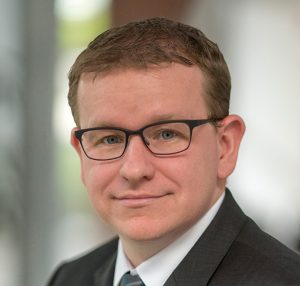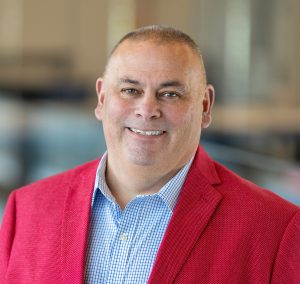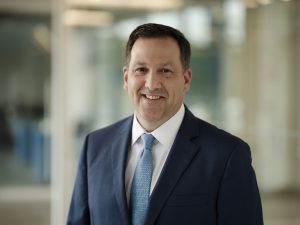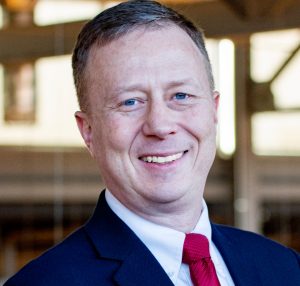Lab Live: Concrete – Applied Science in Action to Determine Material Strength
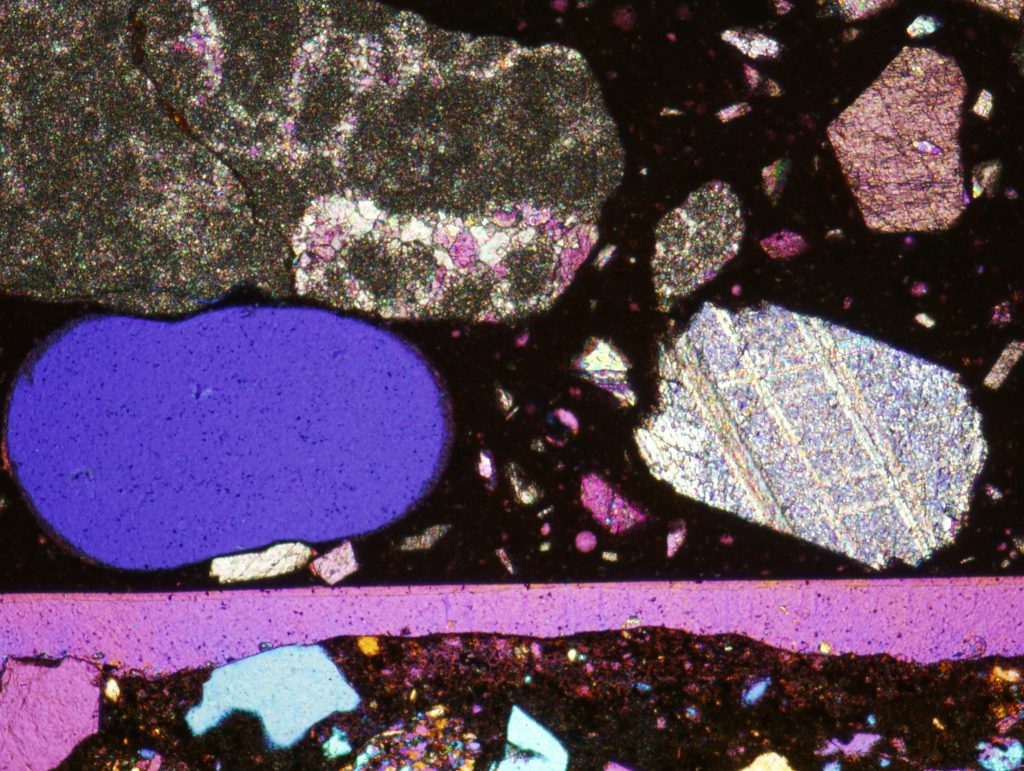
ABOUT THE LAB LIVE SERIES
To understand material performance in the field or determine the causes of underlying building conditions, engineers and material scientists often look to applied science and research methods to improve design and construction processes and probe known issues or problems. By combining technical knowledge with expertise in testing and materials science, these teams can help solve their clients’ most challenging problems by understanding why they occurred in the first place. In Simpson Gumpertz & Heger’s (SGH) virtual “Lab Live” series, we will demonstrate these testing and discovery methods in real time in our Applied Science & Research Center to focus on common and challenging material problems. In these dynamic sessions, we hope to spark discussions that lead to creative ideas and improved collaboration.
IN THIS SESSION
In the next session of this series, our technical experts and laboratory specialists will focus on concrete as a building material and discuss how SGH’s Applied Science & Research Center uses advanced laboratory testing approaches to evaluate concrete strength and understand performance issues so they can be addressed. Through a series of discussions, we will explore the most common concrete tests—compressive strength and elastic modulus—explaining how they are done and how improper testing can adversely affect the results. We will then show how to further investigate low reported values using point-count testing and petrography.
LEARNING OBJECTIVES
After attending this webinar, participants will be able to:
- Understand the role of compressive strength and elastic modulus testing in the quality control of concrete.
- Review common problems and conditions that lead to poor test performance.
- Understand how to further evaluate and understand unexpected results.
- Recognize case study examples of how concrete can be evaluated in practice.
Participants will earn 1.0 AIA CES Learning Unit (LU/HSW) for attending the live webinar. Registration is free. Please note that space is limited – email events@sgh.com to join our waitlist if the session is closed when you register.
